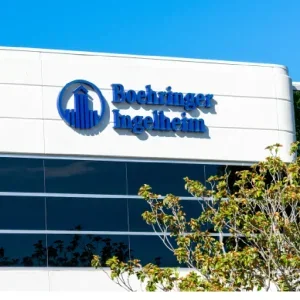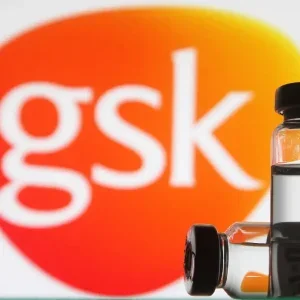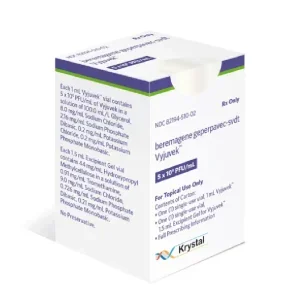US-based biopharmaceutical company Reata Pharmaceuticals has secured the US Food and Drug Administration (FDA) approval for Skyclarys to treat Friedreich’s ataxia.
Skyclarys (omaveloxolone) is an oral, once-daily medication, indicated for the treatment of Friedreich’s ataxia in adults and adolescents in the US, aged 16 years and older.
The drug has received Orphan Drug, Fast Track, and Rare Paediatric Disease Designations from the US FDA, and Orphan Drug designation from the European Commission (EC).
In addition, European Medicines Agency (EMA) is currently reviewing the company’s Marketing Authorization Application for Skyclarys.
Reata is advancing commercial drug product manufacturing, with plans to start commercial drug supply in the second quarter of this year.
Reata chief executive officer Warren Huff said: “The approval of Skyclarys, the first therapy specifically indicated for the treatment of Friedreich’s ataxia, is an important milestone for patients affected by this disease as well as their families and caregivers.
“We are grateful to Friedreich’s ataxia patients, investigators, US regulators, and our scientists and employees who made this approval possible.
“As a company, this is a transformative milestone that highlights our commitment to developing and commercialising novel therapies for patients with severe diseases with few or no approved therapies. We look forward to delivering Skyclarys to eligible patients as quickly as possible.”
Friedreich’s ataxia is an ultra-rare, inherited neurodegenerative disorder that is commonly diagnosed during adolescence.
The disease is characterised by progressive loss of coordination, muscle weakness, and fatigue, progressing to motor incapacitation and wheelchair reliance, and eventually death.
The FDA approval of Skyclarys is based on efficacy and safety data from the MOXIe Part 2 trial and analysis of the open-label MOXIe Extension trial.
It is a randomised, double-blind, placebo-controlled study that enrolled patients with genetically confirmed Friedreich’s ataxia and mFARS scores between 20 and 80.
The mFARS is a clinical assessment tool that is used in clinical studies to evaluate the effectiveness of investigational products for use in Friedreich’s ataxia.
The primary endpoint of the study was a change in mFARS score compared to the placebo.
In the clinical trial, treatment using Skyclarys has resulted in statistically significant lower mFARS scores compared to placebo at Week 48.
Furthermore, Reata is rolling out the REACH (Reata Education, Access, and Care Helpline) program to help eligible patients access its prescribed medicines.






